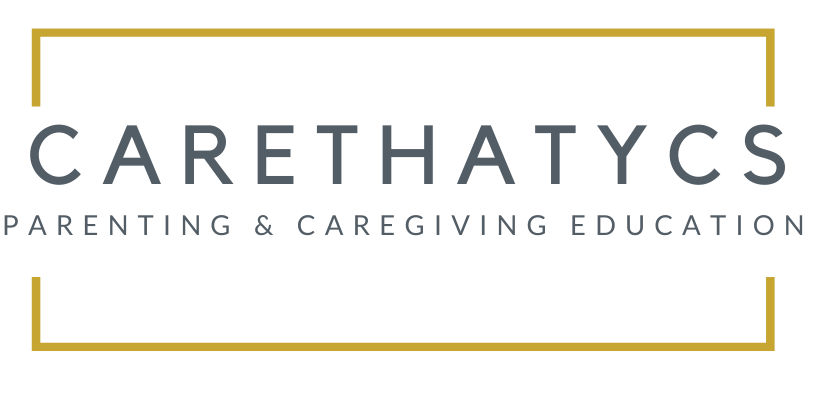The two main issues that parents face and fear during the transition of their newborn phase into infancy are: sleep regression, which we have already talked about here in previous posts, and teething. We know these are challenging phases, that the baby has difficulty sleeping, gets clingy, and usually cries a lot. And, like all parents, we end up being nervous when seeing our little ones suffering, it is natural. Nobody likes to feel pain, and seeing our loved ones in pain is especially difficult. So, to alleviate the discomfort with teething, these suggestions are proven to be effective based on my 17 years of experience working with many little munchkins:
1. Frozen or cold foods
Frozen fruits like bananas, pears, apples, mangoes, in general, are healthy, cold, and will soothe gums that get sore when teeth are coming out. Care still must be taken when giving these to your baby so they don’t choke. Be with your baby when offering these, and when possible, put the fruit in a feeder with a net or make it a popsicle, so, that way, your baby will only suck or lick the fruit and not be at the risk of ingesting large pieces.
2. Cold cloths
Take a clean small cloth and wet it, remove the excess, then put it in the refrigerator. When it is cold, fold it so your baby can catch it, and give it to them to scratch the gums, the cold sensation eases the pain. Once again, don’t leave your little one with the washcloth in their mouth alone, so as not to run the risk of suffocation. I usually give it a knot so it is easy for babies to grasp and it is not something they can cover their mouths/nose with.
3. Massage the baby’s gums
You can do it with your own well-washed fingers or use a silicone finger toothbrush to massage your baby’s gums; make circular movements, gently so you won’t hurt them. Biting or massaging the gums decreases the pressure and pain of the eruption of new teeth. In the case of fingertip brush, always look at their composition to see if they release any type of toxic substance.
4. Cooling teether for babies
Trust me – you will want to have several of these in your refrigerator and freeze so that when your baby has discomfort they can use it to ease the pain. And even if you have cleaned it before, always rinse it again when giving it to your little one. Pay attention to see if your baby can handle the teether alone, or if they still need some help grasping it. As always, just give it to your little one under adult supervision.
5. Parents’ loving arms
Sometimes, the best medicine is indeed an extra dose of mommy and daddy’s snuggles; it is spending time together with the ones your baby trusts most. It’s a way for your baby to feel safe and cared for. Spend time with them, in their favorite room, reading their favorite book, or listening to their favorite song. I always turn to classical, soothing tunes that calm not only the baby but the grownups too. You can wear your baby or wrap them in a swaddle – even if you are not swadling them to sleep anymore – just to calm them down and snuggle for a bit.
6. Medications
If the discomfort is great and it lasts long and you haven’t found other ways to comfort your baby, and you are nervous and worried about your little one, talk to your pediatrician. There are natural medicines that can help without harming your baby’s health, but you should only use them after getting clearance from the pediatrician.
7 – Chamomile
I am adding this one, more as a cultural alternative 🙂 Chamomile has always been used to calm babies’ teeth in Brazil; in addition to its calming properties, it brings relief to pain. You can use chamomile to make an infusion with other herbs that soothe as aromatherapy. Some parents will freeze the tea like a popsicle so babies can suck it. Again, speak with your pediatrician before trying this. Here in the US, it is not recommended to give teas or anything other than breastmilk or formula to babies younger than four months.
9 – Bibs and some petroleum jelly
Babies salivate a lot during the teething phase. It may actually take weeks before you a tooth pops out but until then, you will have lots and lots of drool. I am adding bibs here because when babies go through this phase, their skin tends to get irritated and very dry, which will add to your baby’s discomfort. Keep a clean bib on your baby or cloth nearby to pat dry your baby’s chin. Bibs are practical and will also avoid getting their clothes – and chest – wet. Never let your baby sleep with a bib on. Also, make sure you are pat drying gently and not over do it because this may also result in dry skin and rashes. If you notice your baby’s chin and mouth area turning dry and red, you can always apply some petroleum jelly to protect it.

